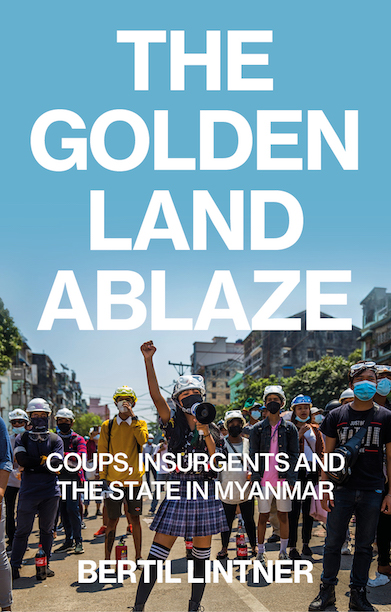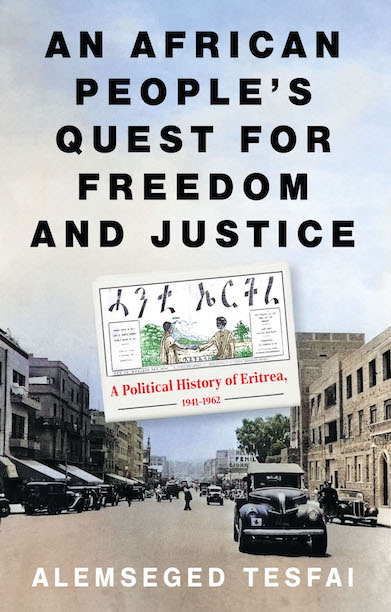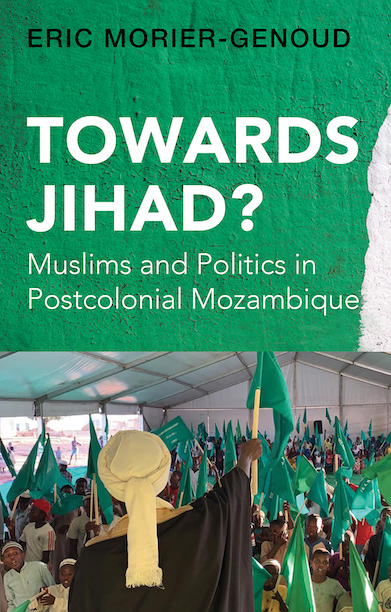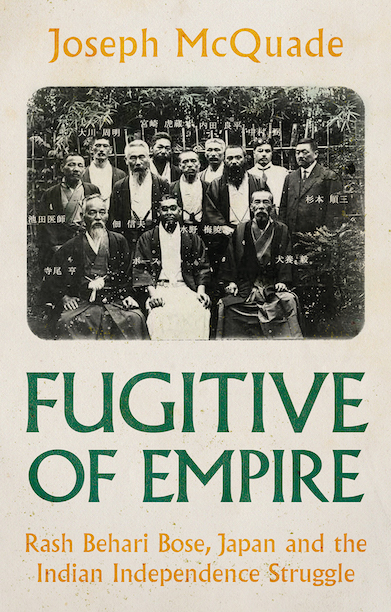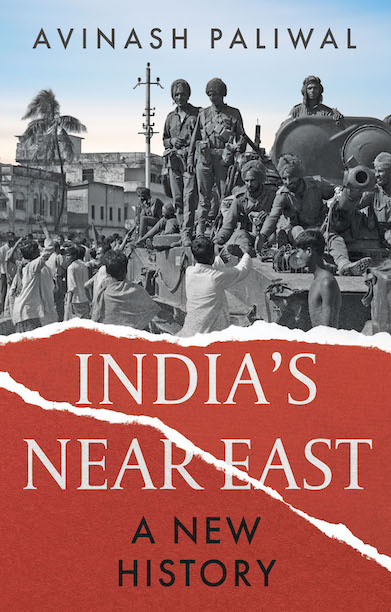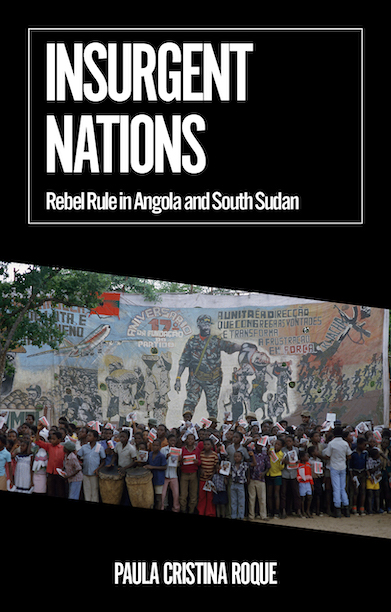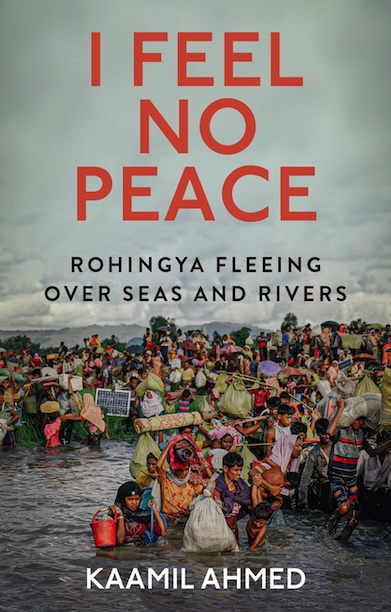The Golden Land Ablaze
Coups, Insurgents and the State in Myanmar
A world-leading expert on Myanmar assesses the ongoing popular uprising against the military junta that deposed Aung San Suu Kyi.
Description
Myanmar’s generals didn’t expect the nation to rise up against the coup they staged in February 2021. But after decades of stifling, direct military rule, the Burmese people had become used to another way of life during the relative openness of 2011–21. The army has been unable to suppress anti-coup protests as it did in 1962 and 1988; and, three years after sending tanks into Yangon, Naypyitaw and other cities, the army has yet to establish a functioning administration.
For the first time since the 1970s, armed resistance is not confined to traditionally strife-torn frontier areas, where ethnic insurgents like the Karen National Union and Kachin Independence Army have been active for decades—it has spread to the majority-Burmese heartland, in the shape of the People’s Defence Forces. But the anti-junta forces are insufficiently well-equipped to defeat the much more heavily armed Myanmar army, which itself is stretched too thin, on several fronts, to crush the resistance. And, despite foreign observers’ assurances, there is no unity, common command or synchronised strategy among the various ethnic-minority and ethnic-Burmese resistance groups.
This is a war that neither side can win. Caught in the middle, and bound to suffer most, are civilians.
Reviews
‘An important and concise account of the history of Burma from the perspective of the Bama and other ethnic groups, this is a timely book about a country still mired in the Dark Ages. A must-read.’ — Sawangwongse Yawnghwe, grandson of Sao Shwe Thaik, the first president of the Union of Burma (1948–52)
‘Broadly framed, analytically nuanced and highly topical, The Golden Land Ablaze is yet another critical intervention by Lintner that reveals Myanmar’s past, present and future.’ — Avinash Paliwal, author of India’s Near East
‘Urgent and incisive, The Golden Land Ablaze is necessary reading to approach the historical underpinnings and regional context of Myanmar’s most pressing contemporary issues.’ — Jane M. Ferguson, author of Repossessing Shanland
‘Lyrically connects the current crises in Myanmar to the individual, institutional and cultural histories that could have taken the country on a different path. If there is one book to read on Myanmar at the moment, it is this.’ — Mary Callahan, Associate Professor of International Studies, University of Washington
‘For 45 years, Bertil Lintner has been producing original, well-informed and insightful analyses of developments in and around Myanmar. This book maintains the same high standard.’ — Andrew Selth, Adjunct Professor, Griffith Asia Institute
Author(s)
Bertil Lintner is an acclaimed journalist and expert on contemporary South-East Asia, especially Myanmar. Formerly the Far Eastern Economic Review’s Burma correspondent, and Asia correspondent for the Swedish daily Svenska Dagbladet, he is the author of, among others, The Costliest Pearl and The Golden Land Ablaze (both published by Hurst).
